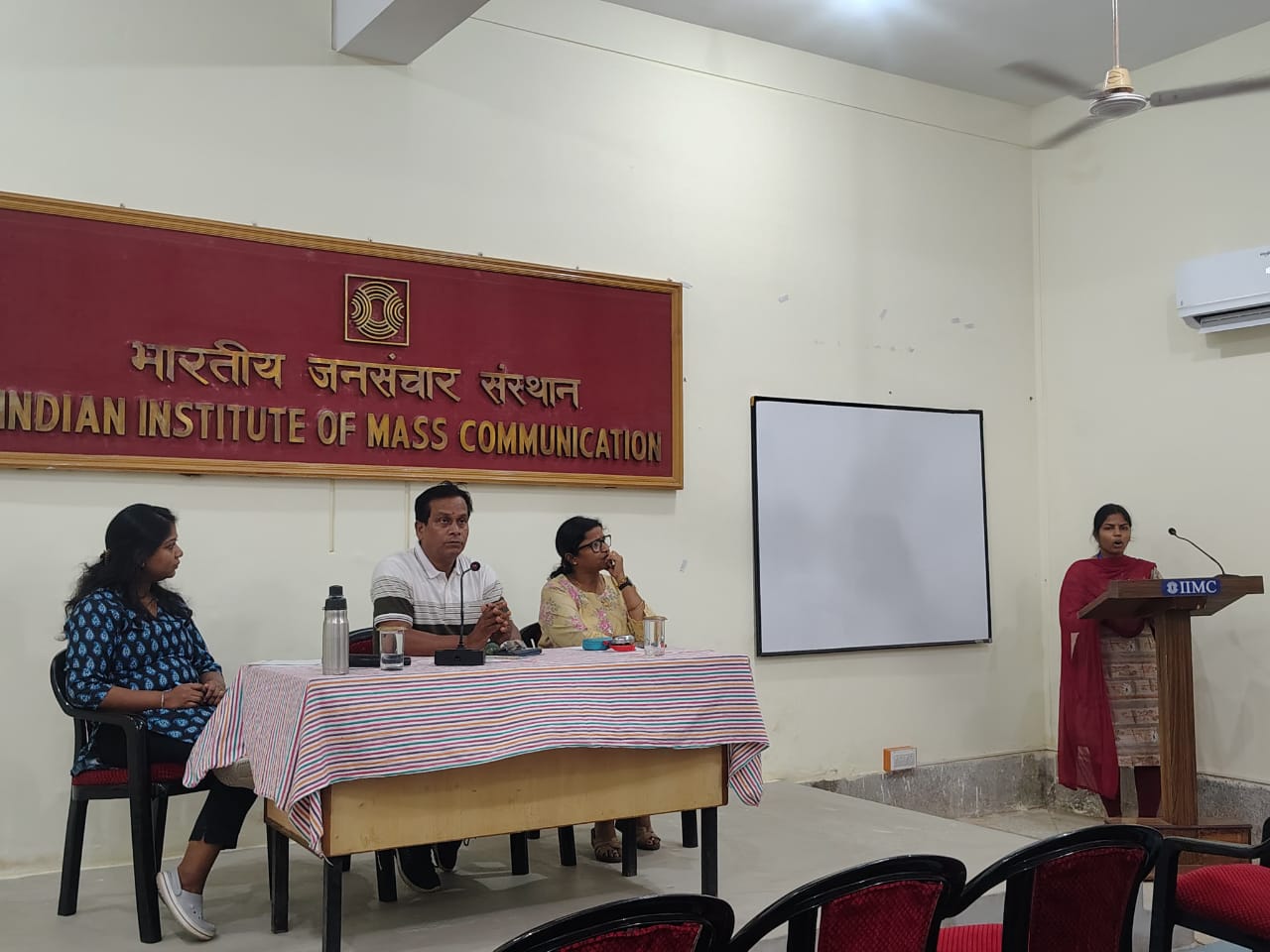New Security Code, Several reports claim that Narendra Modi government at the Centre will reduce the eligibility for gratuity payment to employees from five years to one.
However, the Government yet not formally made any announcement regarding reducing the eligibility from five years to one.
There was no confirmation whether the Government would introduce such Bill in the upcoming session of Parliament.
The new social security code proposed differential employment ceiling required for gratuity payments which are to be linked to the nature of work to ensure workers are not denied of benefits.
The move aimed to redress the issue of employees losing gratuity payments if they have not completed the mandatory assignment of five years of their employment.
Earlier the Bharatiya Mazdoor Sangh rejected the draft Code on Social Security as a “weak-cut-and-paste” job.
It claimed a letter to the labour ministry that the draft is not Universal.
The labour union demanded to resolve the Gratuity eligibility to be reduced from five to one year.
As the code notifies in the Lok Sabha on Saturday, gratuity for fixed-term workers would be linked to their tenure of work.
Gratuity for seasonal workers will equivalent to salary for seven days for every season of work undertaken.
The standing committee on labour recommended gratuity eligibility criteria to be reduced between one and three years since the duration of jobs have reduced in general, and more and more contract workers are hired.
Even the trade unions feel that often employees retrench workers before the completion of five years to forfeit the gratuity contribution of the workers.
The payment of Gratuity Act arrived on 21st August 1972, and the Act applied to individual establishments before its amendment.
The gratuity is paid to specific persons who are covered within the meaning of the term ’employee’ under section 2(e), subject to the conditions mentioned in Section 4 of the Payment of Gratuity Act, 1972.
Written By- Mousami Jena
Image coutsey- Google
- ” Chief Minister Patnaik states that Odisha is making substantial investments to enhance its power infrastructure”
- Paper Arizona Soars to Success with PROR IN Pvt Ltd’s Strategic Funding Support
- India’s Growth Trend Expected To Soften From Sept Quarter
- Climate Change Claims Lives: Rising Farmer Suicides in India”





